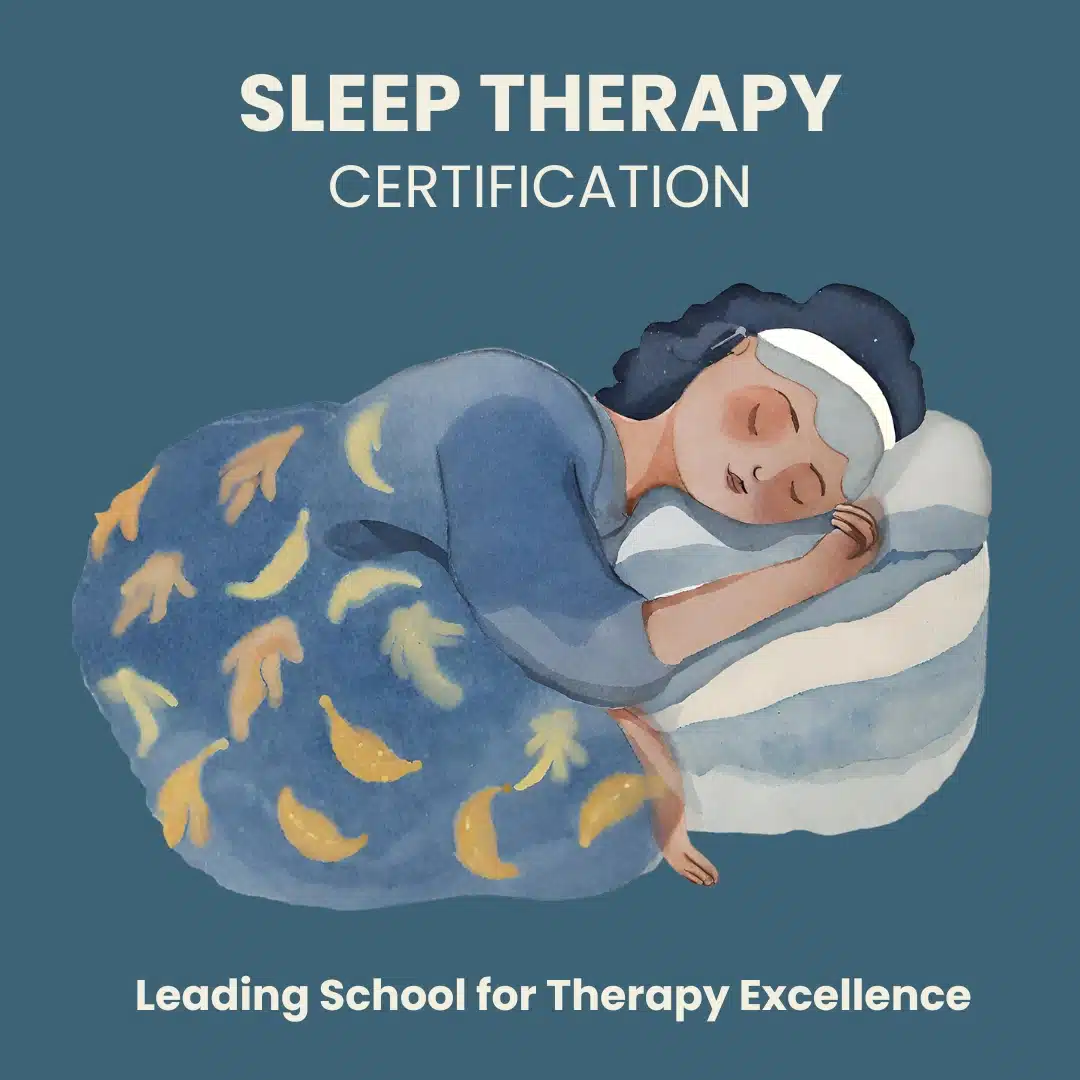Sleep Deprivation Help - Overcome Exhaustion and Improve Wellness
Sleep Deprivation Help - Overcome Exhaustion and Improve Wellness
Blog Article
Efficient Therapy Solutions for Handling Sleep Disorders and Enhancing Relaxing Sleep
In the world of health care, the administration of rest conditions and the pursuit for restful rest are essential parts of general health. Effective treatment solutions provide a diverse technique to take on these obstacles, varying from cognitive behavior interventions to all natural methods that advertise leisure and mindfulness. The exploration of different techniques, consisting of the assimilation of drug and light treatment, opens up a world of possibilities in the pursuit of far better rest high quality. As we browse the complex landscape of sleep disorders and seek to improve our rest experience, a much deeper understanding of these therapy options may hold the trick to opening an extra refreshing and meeting corrective journey.
Cognitive Behavior Modification for Sleeplessness (CBT-I)
Cognitive Behavior Therapy for Sleep Problems (CBT-I) is a structured, evidence-based therapy strategy that concentrates on dealing with the underlying variables adding to rest disruptions. This kind of treatment intends to modify actions and thoughts that intensify sleeplessness, inevitably promoting healthy and balanced rest patterns. CBT-I usually involves several essential elements, including cognitive therapy, sleep limitation, stimulation control, and rest hygiene education.
Cognitive treatment aids individuals identify and transform unfavorable thought patterns and ideas concerning rest that might be impeding their capability to drop or stay asleep. Sleep constraint includes restricting the quantity of time spent in bed to match the individual's actual sleep period, consequently boosting sleep efficiency (cognitive behavioral therapy for insomnia (CBT-I)). Stimulation control strategies help develop a solid association between the bed and sleep by motivating people to visit bed only when sleepy and to stay clear of participating in stimulating tasks in bed
Additionally, sleep health education concentrates on creating healthy and balanced rest practices, such as maintaining a consistent rest schedule, producing a relaxing bedtime regimen, and optimizing the sleep atmosphere. By resolving these elements comprehensively, CBT-I uses a reliable non-pharmacological intervention for handling sleeping disorders and boosting general sleep high quality.
Rest Health Practices
Having developed the foundation of cognitive restructuring and behavioral modifications in addressing sleeping disorders via Cognitive Behavior modification for Sleep Problems (CBT-I), the emphasis currently moves in the direction of discovering important Sleep Health Practices for maintaining optimal rest quality and overall wellness.
Sleep health methods incorporate a variety of habits and environmental variables that can considerably influence one's capacity to drop off to sleep and remain asleep throughout the evening. Constant sleep and wake times, developing a relaxing going to bed regimen, and maximizing the rest environment by maintaining it dark, peaceful, and cool are crucial components of excellent sleep hygiene. Restricting direct exposure to displays prior to going to bed, preventing energizers like caffeine close to bedtime, and involving in routine exercise throughout the day can additionally promote far better sleep quality.
In addition, practicing relaxation techniques such as deep breathing workouts or meditation before bed can help soothe the mind and prepare the body for sleep. By incorporating these sleep hygiene techniques into one's daily regimen, people can establish a healthy and balanced sleep pattern that sustains relaxed rest and overall health.
Leisure Methods and Mindfulness
Executing relaxation methods and mindfulness methods can play a critical function in cultivating a sense of calm and promoting high quality sleep. insomnia therapy. These methods intend to quiet the mind, minimize stress, and create an optimum atmosphere for restful sleep. One extensively practiced technique is deep breathing exercises, where individuals concentrate on slow-moving, deep breaths to loosen up the mind and body. Modern muscular tissue relaxation involves tensing and afterwards launching each muscle group, promoting physical leisure. Furthermore, led images can assist move individuals to a tranquil location in their minds, assisting in stress reduction and boosting rest quality.
By integrating these practices right into a going to bed routine, individuals can signal to their bodies that it is this hyperlink time to loosen up and prepare for sleep. Generally, integrating leisure strategies and mindfulness methods can dramatically contribute to handling sleep problems and boosting total rest high quality.

Medicine Options for Sleep Disorders
After discovering leisure methods and mindfulness methods as non-pharmacological treatments for boosting sleep quality, it is vital to think about medicine choices for people with rest problems. In situations where way of life modifications and therapy do not supply adequate relief, medicine can be a valuable tool in managing sleep disturbances.
Frequently prescribed drugs for sleep disorders consist of benzodiazepines, non-benzodiazepine hypnotics, antidepressants, and melatonin receptor agonists. Antidepressants, such as trazodone, can be helpful for individuals with co-occurring depression and rest disruptions - sleep deprivation help.
It is important for people to talk to a doctor to determine the most ideal medication option based on their details rest disorder and case history.
Light Treatment for Circadian Rhythm Law
Light therapy, additionally called phototherapy, is a non-invasive treatment approach used to manage circadian rhythms and improve sleep-wake cycles. This therapy entails exposure to brilliant light that mimics natural sunshine, which helps to reset the body's body clock. By exposing people to certain wavelengths of light, normally in the morning or evening depending on the wanted impact, light therapy can successfully change the circadian rhythm to promote wakefulness during the day and improve relaxed rest at night.
Study has actually shown that light therapy can be especially useful for individuals with body clock conditions, such as postponed rest phase syndrome or jet lag. It can additionally be useful for those experiencing seasonal depression (SAD), a kind of clinical depression that usually takes place throughout the wintertime months when all-natural light exposure is minimized. Light therapy is usually well-tolerated and can be utilized combined with other treatment approaches for rest conditions to optimize outcomes and boost overall sleep quality.
Verdict
Finally, find more efficient therapy solutions for handling sleep conditions and improving peaceful sleep include Cognitive Behavior modification for Sleep Problems (CBT-I), rest hygiene methods, leisure methods and mindfulness, medicine alternatives, and light therapy for circadian rhythm regulation. These methods can help people enhance their rest top quality and general well-being. It is necessary to seek advice from with a doctor to identify one of the most suitable approach for dealing with sleep problems.
As we navigate the intricate landscape of sleep problems and seek to boost our rest experience, a deeper understanding of these why not check here treatment options may hold the trick to opening a much more relaxing and meeting restorative journey.
Sleep constraint entails limiting the quantity of time invested in bed to match the individual's actual sleep period, consequently enhancing sleep effectiveness. Consistent sleep and wake times, developing a relaxing going to bed regimen, and maximizing the sleep environment by keeping it dark, quiet, and cool are vital components of good rest health. Light therapy is generally well-tolerated and can be used in conjunction with various other treatment techniques for sleep conditions to enhance end results and improve overall sleep high quality.

Report this page